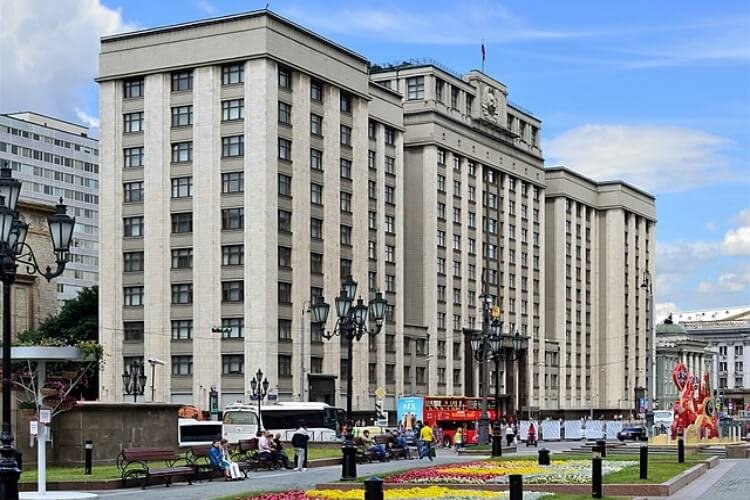Russian State Duma sees new draft law on digital assets

A new draft law has been registered within the framework of the Russian State Duma (the country’s parliament lower assembly). If implemented, the law will allow the exchange of digital tokens to Russian rubles and other regular currencies by using a wallet service which complies with the local laws on organized trading. The digital financial asset used on such wallet services can both be digital currency and token, although the Russian Central Bank is not thrilled with the idea of digital currencies in general.
Due to the latter fact, any digital currency is not recognized as a payment method in Russia (exactly as experts foresaw, the consensus of the governmental bodies on this issue has remained). The status of digital currency trading is still in question. Best case scenario is that the government would allow foreign cryptocurrency exchanges to operate with Russian citizens after completing a registration procedure. Worst case scenario - only Russian digital currency exchanges will be able to comply with a set of new restrictions. And, by the way, every trader will now have to identify in compliance with the local AML (anti-money laundering) and CFT (combating the finance of terrorism) acts. This looks similar to what observers already saw in South Korea.
When it comes to ICOs, the overall principle is that the organization conducting an ICO has to withdraw information about its activity to the financial crimes enforcement and have a credible business plan. The draft law also leaves a possibility for the Central Bank to limit a sum of bought tokens for non-qualified investors. Rumors which circulated last year suggested that the authorities might forbid token trading for everyone except qualified investors, but fortunately, this has not happened.
Overall, the law does not differ very much with the one we saw at the end of January this year, only this time in the midst of news about the Central Bank overseeing the issue of digital currencies, the trading activities have almost equal chances to be allowed and forbidden in the future.
Image courtesy of Dmitry Ivanov / Wikimedia Commons